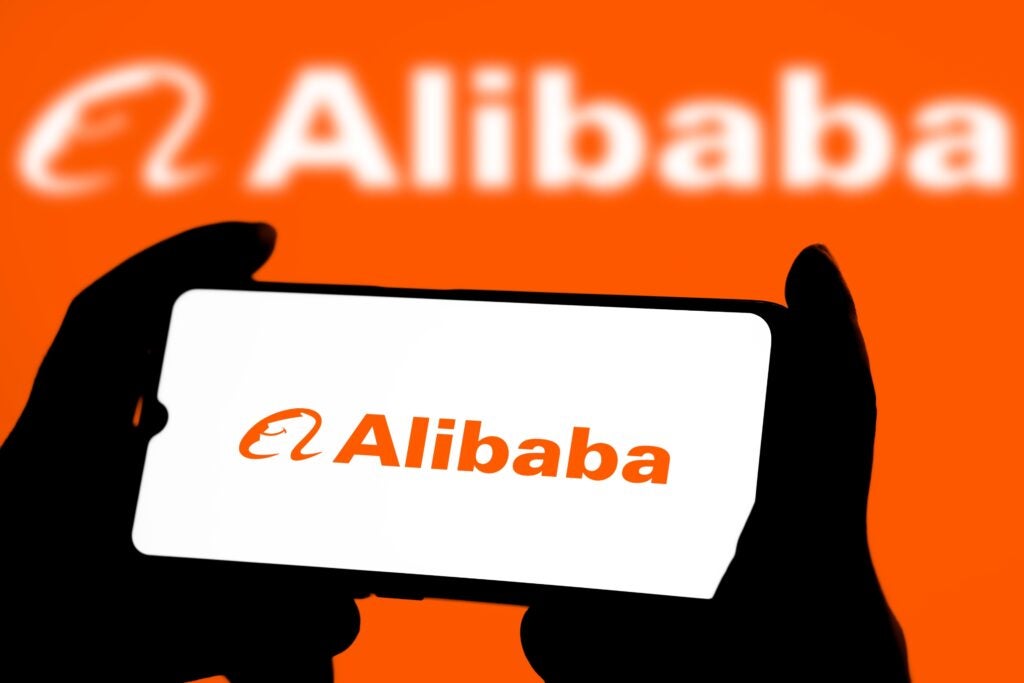The Tech Tug-of-War: Apple’s China Strategy and Trump’s Concerns
Apple’s deepening reliance on China for manufacturing and market growth has ignited political tensions, drawing sharp criticism from former President Donald Trump. As geopolitical rivalries intensify, the tech giant’s strategic partnerships in China face scrutiny over national security risks and economic dependencies. This clash between corporate interests and political agendas could redefine global tech supply chains and U.S.-China relations in 2024.
Apple’s Expanding Footprint in China
Despite global calls for supply chain diversification, Apple increased its Chinese supplier count to 151 companies in 2023—representing nearly 80% of its top suppliers. Recent investments include:
- A new $275 million applied research lab in Shanghai
- Expanded production partnerships with Luxshare and Foxconn
- 15% year-over-year growth in Greater China revenues ($23.9 billion Q1 2024)
“Apple’s China dependence isn’t just about cost savings—it’s about accessing unparalleled manufacturing ecosystems,” explains Dr. Lina Wei, tech industry analyst at the Beijing Institute of Technology. “No other market can currently match China’s combination of scale, skilled labor, and infrastructure.”
Political Backlash and National Security Fears
Former President Trump recently vowed to “hold Apple accountable” if re-elected, citing concerns that Chinese-made components could enable espionage. The rhetoric echoes broader Washington anxieties:
- Over 60% of Apple’s global production remains China-based
- Chinese firms supply critical iPhone components like OLED displays and batteries
- The CCP mandates data localization for Chinese user information
National security expert Mark Harrison warns: “Every Chinese-made chip represents potential vulnerability. We’re essentially handing Beijing the keys to millions of Americans’ digital lives.”
The Delicate Balance of Tech Diplomacy
Apple walks a tightrope between market demands and political pressures. While the company recently shifted some MacBook production to Vietnam, analysts note:
- Chinese factories still produce 95% of iPhones
- Alternative markets lack China’s 1.4 million skilled electronics workers
- Tariffs could raise iPhone prices by up to 20%
“This isn’t a simple on/off switch,” cautions supply chain professor David Reich. “Decoupling would require 5-7 years minimum, with massive consumer cost implications.”
Future Implications for Global Tech
The standoff presents three potential scenarios:
- Status Quo: Gradual diversification while maintaining Chinese operations
- Forced Decoupling: Drastic supply chain splits under political pressure
- Tech Cold War: Competing U.S. and Chinese tech ecosystems
As 2024 elections approach, tech firms face unprecedented scrutiny. “The next administration will likely impose stricter rules on foreign tech partnerships,” predicts political analyst Sarah Chen. “Apple’s China strategy may become unsustainable within 2-3 years.”
For businesses navigating these shifts, the time to evaluate supply chain resilience is now. Those who wait for regulatory mandates may find themselves dangerously behind the curve in an increasingly fragmented tech landscape.
See more Business Focus Insider Team

